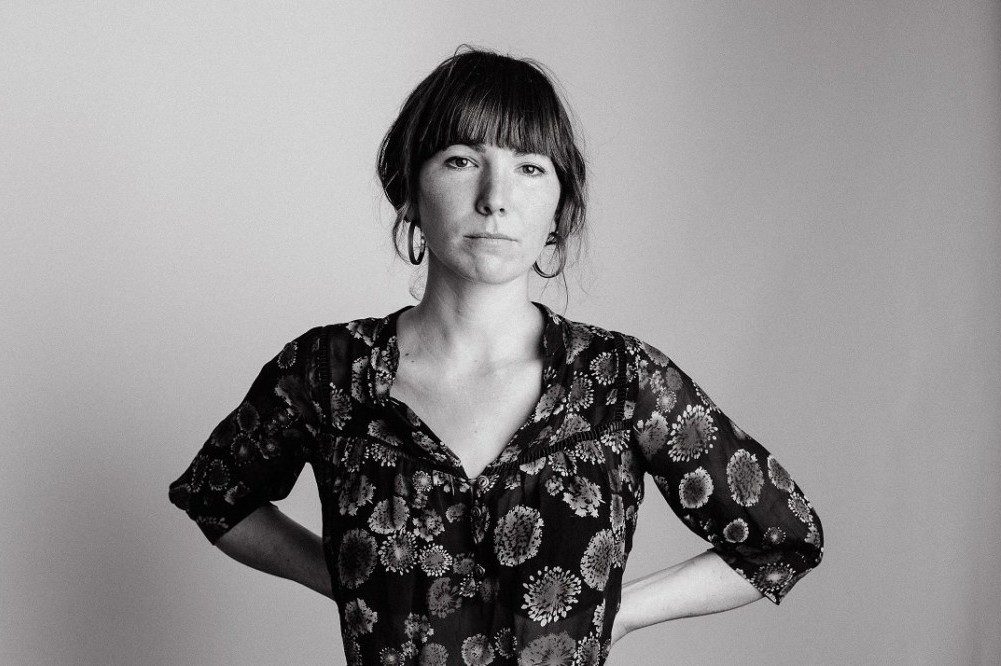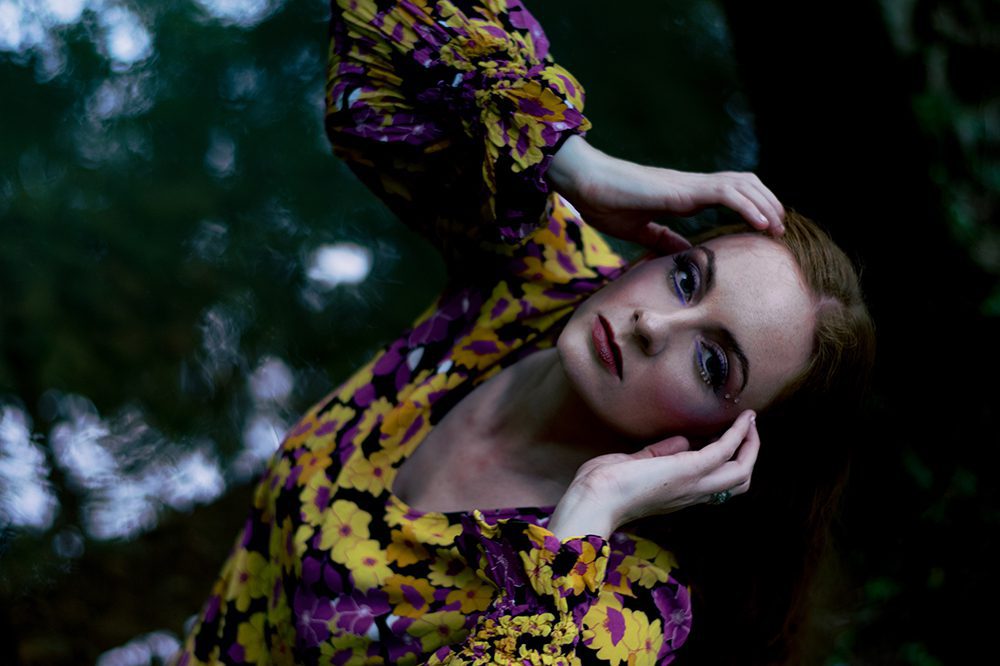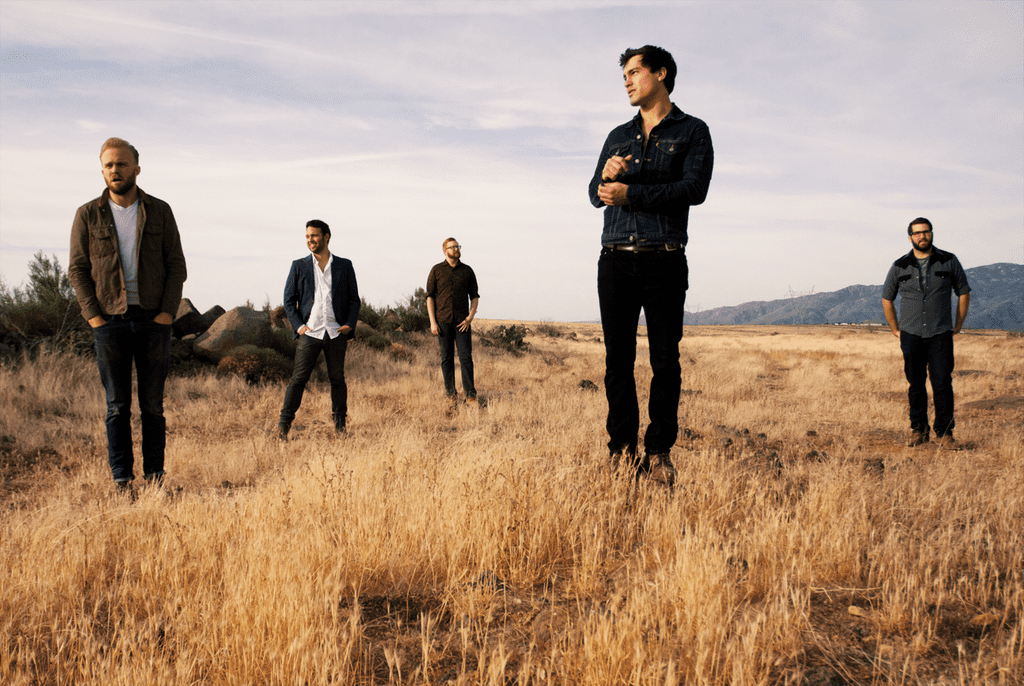

When Jess Cornelius upended her former musical project Teeth & Tongue and moved from Melbourne to Los Angeles, she had decided her life was going to be a certain way – but, as it so often does, life had other plans. Though Teeth & Tongue began as a solo project, it had expanded to include other members in a way that complicated not only touring outside of Australia, but the songwriting process as well. So Cornelius started writing stripped down acoustic songs, releasing a succinct, pretty EP in 2017 called Nothing is Lost that allowed her to tour the States in support of Australian folk singer Paul Kelly (and helped hasten the process of getting an artist visa). “I moved to the states when I was like 36, and was like, I’m clearly not gonna be settling down anytime soon,” she says. “I wanted to be touring a lot so I made these decisions, but there was definitely a lot of questioning, like, [knowing] I probably wouldn’t end up having a family because of the decisions that I’ve made, and I was happy with that.”
In LA, Cornelius haunted clubs like Zebulon and The Bootleg, connecting with other musicians easily but continuing to write songs rooted in a feeling of disconnect and indifference – from recounting a one night stand to calling an old flame long distance, songs that measured her California dreamin’ against the reality of her day to day. Then, her lovelife took a turn when she became pregnant three months into a new relationship, rearranged her entire life to accommodate the baby, and suffered a miscarriage, writing the lyrics “My body has a memory and it won’t forget/But I was my own woman once/And I was sure I was enough,” in the aftermath. “The song ‘Body Memory’ – I say it’s about a miscarriage but it’s not really about that so much as what happened afterwards and how my attitude toward everything changed, and myself and my relationship and what I wanted for the future,” she says. “I came here to do all this touring and to be a musician, not to be a mother and a housewife. In my fears, I was not gonna be able to have this creative life. I think a huge part of it was this idea that I would be so dependent on a man, like alright, this is a really vulnerable place to be, just by the nature of having a kid with someone. But we’d decided to have it and it was very exciting but also very scary, and then ten weeks in, it was all over.”
In the months that followed, Cornelius put the pieces together of what would become her first full-length LP under her own name. Distance, released at the end of July, brilliantly collects the experiences Cornelius had as she moved halfway around the world, searched for both romantic and creative fulfillment in the City of Angels, pondered getting older and mused on her ability to let it all go, and the dramatic shift in her perspective as she reconsidered motherhood. The album also collects a brilliant array of Los Angeles talent that Cornelius assembled both organically and via her label Loantaka Records, including Mary Lattimore, who plays harp on “Born Again,” drummers Stella Mozgawa (of Warpaint), Mary Lattimore, Jesse Quebbeman-Turley (of Hand Habits), and Robbie Sinclair, guest bassists Emily Elhaj and Stephanie Drootin (who have played with Angel Olsen and Bright Eyes respectively), an array of back up vocalists Cornelius calls friends, and even a whistler (Molly Lewis).
“It took such a long time for me when I moved to Melbourne [from New Zealand] to find my people and [other] musicians and bands and venues… what I realized was that with music, community is everything, and I took that lesson to LA,” Cornelius explains. “I really had such great luck here – I went to a lot of shows and put together a live band very quickly. I found the opposite of what I guess people expect – people were really open to meeting up, to collaborating, to helping with whatever, and it was just really incredible how nice it all kind of came together and the friendships that I made, and the musical relationships that I made, and making the record was part of that.”
Recorded and co-produced with Tony Buchen, Distance revisits a few of the tracks from Nothing is Lost – “Love And Low Self Esteem” and “Banging My Head” (which was included on the vinyl version of the EP). The difference is night and day – Cornelius seems vulnerable singing “It’s when I’m feeling tiny as an eyelash/That’s when I want to be all you need” over sparse instrumentation, but a wash of Mozgawa’s drums and girl-group doo-wops build “Love and Low Self Esteem” out enough that she can snarl that line instead, just a little bit. “It was interesting revisiting that level of angst – they’re both really angsty songs! I think that the other songs on Distance don’t really have that kind of emotion in them, so it did feel like I had kind of moved on a little bit from that. I still could identify with those feelings though,” Cornelius says. “I was really curious to play them with a band because on the EP there was really no other instrumentation apart from guitar, and that whole EP really just got a very soft release, so I just felt like it kind of needed to have a second go in a slightly different format.”
Cornelius became pregnant again while putting the finishing touches on Distance and her baby bump is visibly showing in videos put out ahead of the album’s release. That’s somewhat jarring in “Kitchen Floor,” given the singer’s nonchalant lyrics about leaving a lover behind after a one night stand as easily as she makes tea and toast. But there’s a whole other level of dissonance as Cornelius, clad in a bright blue sweatsuit, choreographs dance moves in the desert while candidly revisiting her experience with miscarriage in “Body Memory.” And yet, these videos, along with “No Difference,” feel refreshing, liberated even, just by the simple fact of Cornelius daring to perform while pregnant. There hasn’t been much of that since M.I.A.’s show-stopping 2009 Grammy performance.
“I definitely didn’t think I’ve be making videos where I’m pregnant in a whole bunch of them. Making the videos was a great process in itself, because it was a new thing for me to do and my partner filmed them and he hadn’t done anything like that either,” Cornelius admits. “I did feel really good about the fact that I was pregnant. There was some trepidation every time that I put out one of those videos – I was just like, is this a terrible idea? But mostly I felt fine about it. Pregnancy made me less precious about how I looked. I’m thinking back to when I was in my early twenties and how neurotic and insecure I was about not wanting to look a certain way on camera, and the videos that I made and trying to control my image in that way and being really worried about how I looked and what people thought. And then in all these videos where I’m like, super pregnant, I could see myself having changed in that way and that was really nice.”
Cornelius gave birth to her daughter in the midst of a global pandemic, shortly before Distance came out; though she’d planned to tour with the baby in tow when she was three or four months old – and had researched it extensively, talking to other women who had done it – COVID changed her plans once again. “I was really set on making that happen. But now of course everything’s different, which is in a way a relief – it’s gonna be nice to focus on her a little bit more. And then eventually I’ll start writing again, hopefully sooner than later, and then eventually they’ll be another record,” she says, adding that she and her partner are even toying with the idea of creating a psychedelic children’s show. “I think having a kid will open up my creative pathways in a way because you’re rediscovering the world, and you get to play a lot more. So we’re really looking forward to that aspect of it. Every single album pretty much, I’m like I’m not gonna do another record, it’s all too much. And then you realize you’ve written another record.”
Follow Jess Cornelius on Facebook for ongoing updates.




